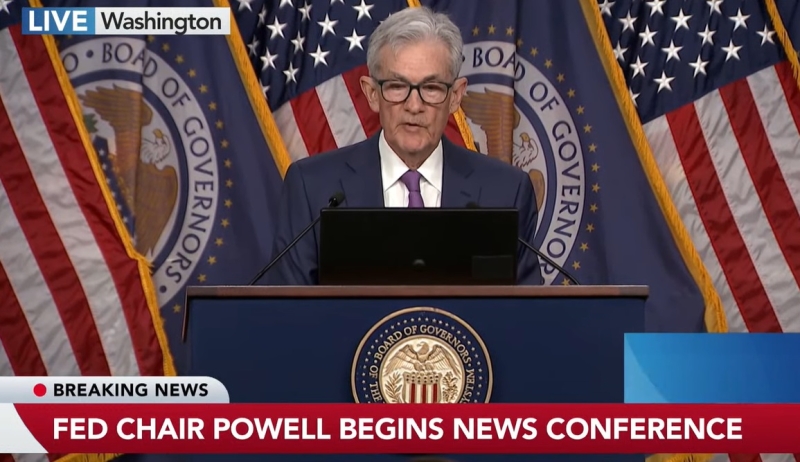
Housing Sales Stagnation Expected Through 2024, Recession or Not

Fannie Mae's ESR Group foresees challenges in the housing market regardless of the economy's trajectory, with mortgage rates and inflation playing pivotal roles.
The economy is performing well, but Fannie Mae’s Economic and Strategic Research (ESR) Group is still predicting a recession in the first quarter of 2024.
The group of economists says the effects of previous monetary policy changes continue to influence the economy, as the balancing act of ensuring economic growth while curbing inflation remains a significant challenge.
The housing market remains a trouble spot. With an ongoing tight supply of existing homes for sale and the recent rise in the 30-year fixed-rate mortgage rate to around 7%, economists expect 2023 home sales will remain near the lowest annual level since 2009.
The group has upgraded slightly its single-family housing starts forecast due to recent incoming data, while nudging downward its multifamily starts forecast for similar reasons. The expectation is that single-family originations will be $1.60 trillion in 2023, similar to the prior forecast, while nudging its 2024 single-family originations forecast up to $1.92 trillion compared to $1.90 trillion previously.
Real GDP growth was 2.4% in the second quarter, surpassing expectations. The biggest factor in this growth was the 0.4% increase in real personal consumption in June, pushing yearly growth to 1.6%. Despite the growth, July’s Consumer Price Index showed a reduction in inflation for the second consecutive month.
The core issue that remains is ensuring economic and labor market growth while achieving broad disinflation.
"Despite reduced saving, increased rollover credit card balances, and rising credit costs, consumers are sustaining consumption, supported by a decline in inflation. Nonetheless, tightening monetary policy takes a toll. Will it result in a recession?,” Senior Vice President and Chief Economist Doug Duncan said. “Our base case forecast is a mild recession, and it looks as though the alternative is a soft landing, which is slow growth with only a small increase in unemployment. The difference between those two alternative outcomes is not expected to make much difference to home sales.”
The group said it expected further Fed fund rate hikes are “off the table for now,” given the decelerating inflation measures and the lagging effects of previous tightening.
“The risk to housing activity is that inflation has bottomed out and begins to reaccelerate, requiring additional tightening from the Fed,” Duncan said. The group predicts that “rising mortgage rates will also exert more downward pressure on sales.”
However, given the already very low pace of sales, it suspects that the majority of highly interest-rate-sensitive borrowers are already on the sidelines and current sales activity is being supported by less rate-sensitive buyers. They say this is reflected by a higher-than-normal cash share of purchases.




